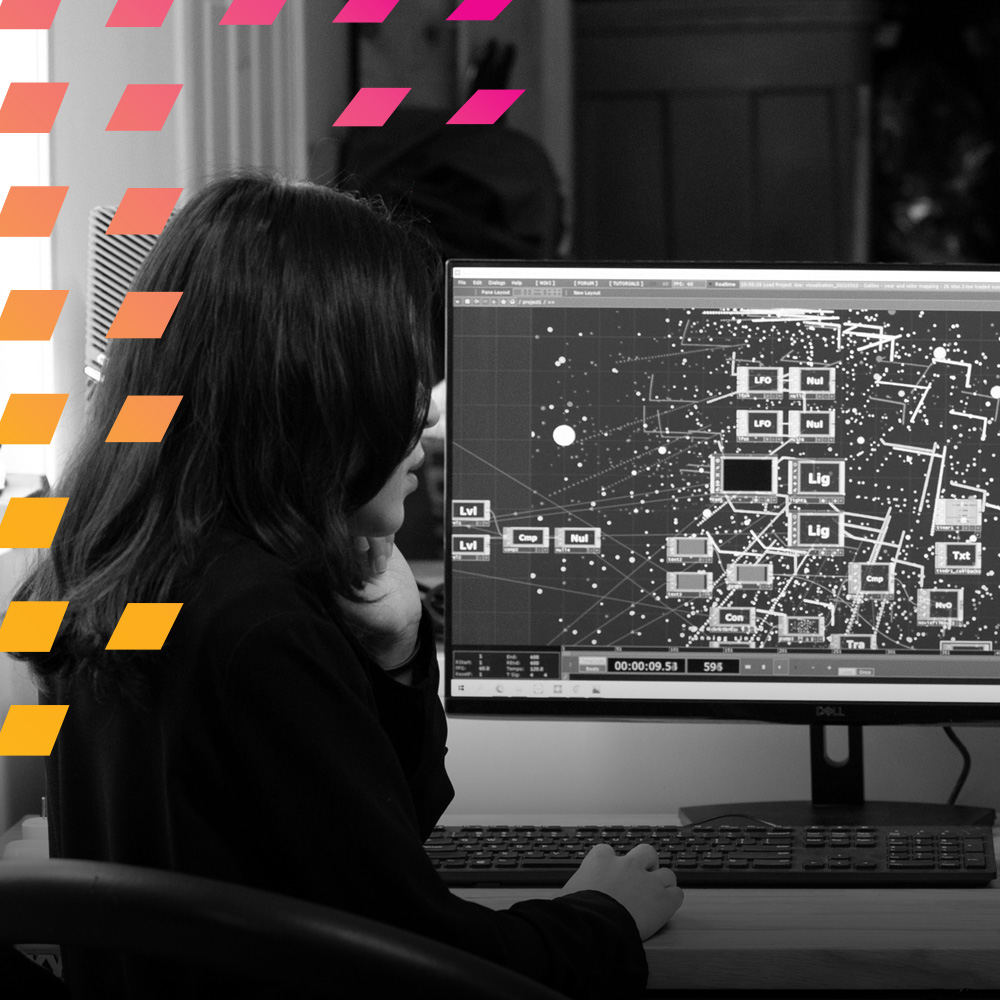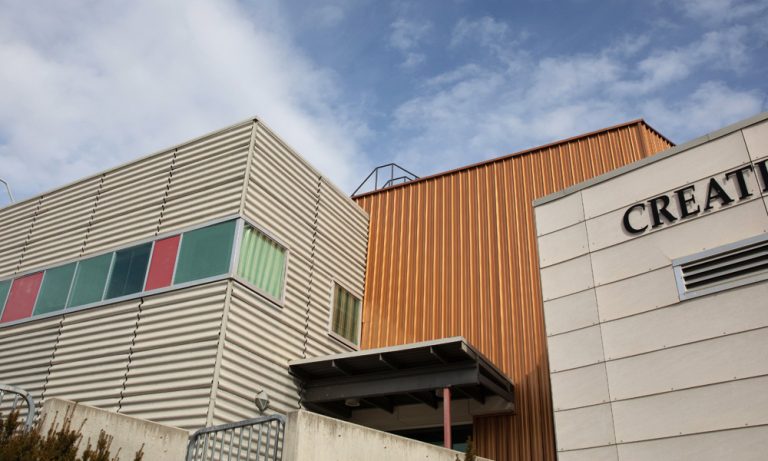PROGRAM contacts
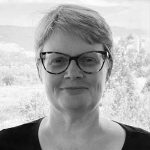
Shannon Hohl
Graduate Advisor

Brittany Parr
Graduate Programs Assistant
Program team
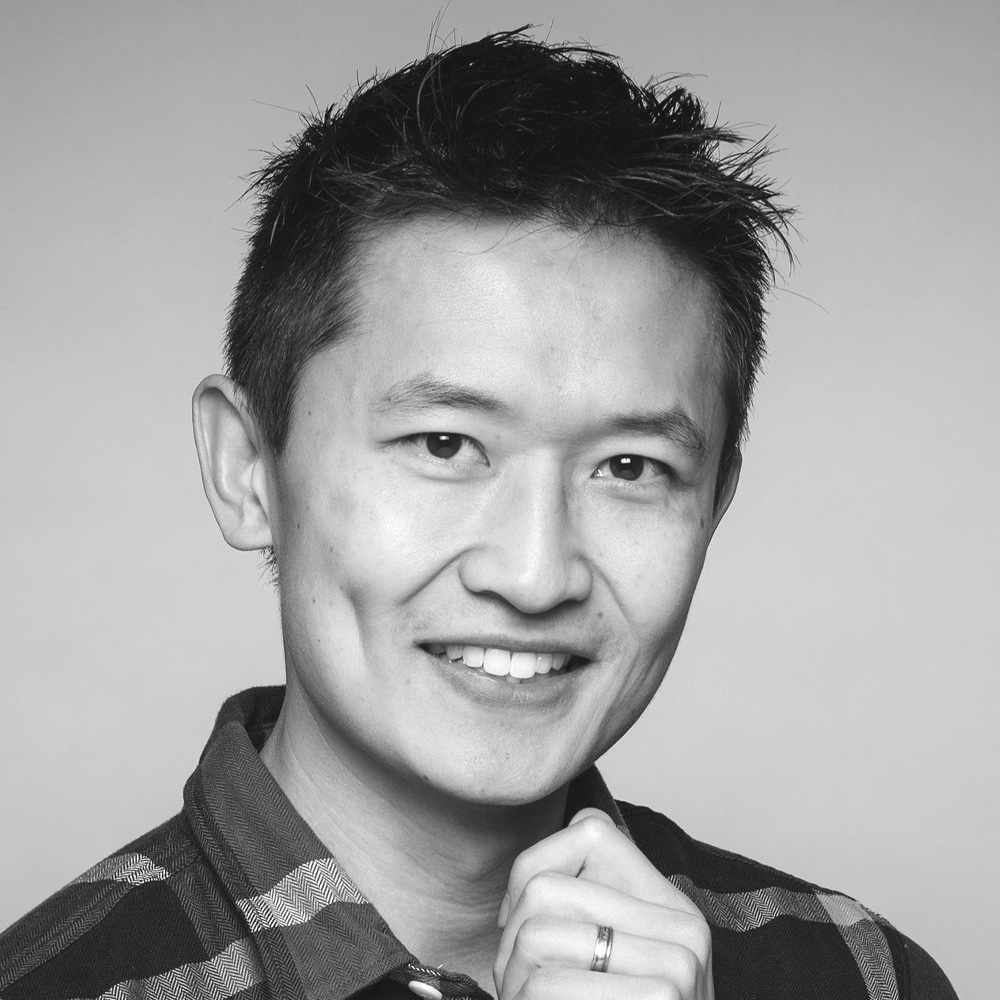
Dr. Kenneth Chau is an Associate Professor in the School of Engineering. He teaches courses in calculus, electromagnetics, computational electrodynamics, and entrepreneurship. Light is used to understand the origins of the universe, communicate instantly across the globe, and give us insights into our health. By researching how light can be harnessed and controlled, along with a research team, they are creating technologies that can make our society smarter, safer, and more sustainable. His core research is in electromagnetic modelling and simulation, optical system design, wearable sensors for metabolic monitoring, and immersive visualization technologies.
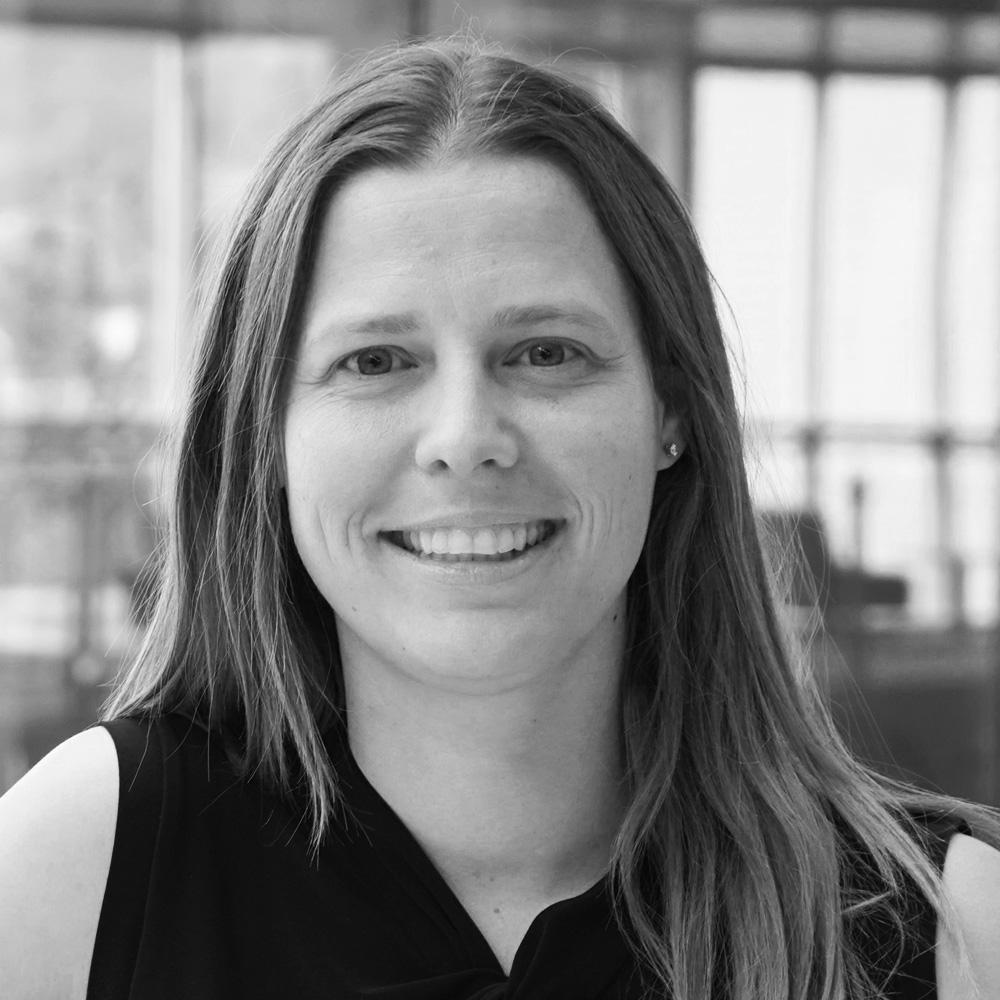
Dr. Sabine Weyand received her MASc degree from the University of Ottawa in 2011 where she developed and tested a Neonatal Intensive Care Unit Physician-Parent Decision Support Tool (PPADS). In 2015, she received her PhD in Biomedical Engineering from the University of Toronto. Her research focused on developing a Neurofeedback Based Near-Infrared Spectroscopy BrainComputer Interface. In 2016, Dr. Weyand joined the educational leadership stream of the Mechanical Engineering department at the University of British Columbia Okanagan. Since 2023, Dr. Weyand has served as the Associate Director of Undergraduate Studies focusing on Faculty Affairs leading program development and strategic initiatives.
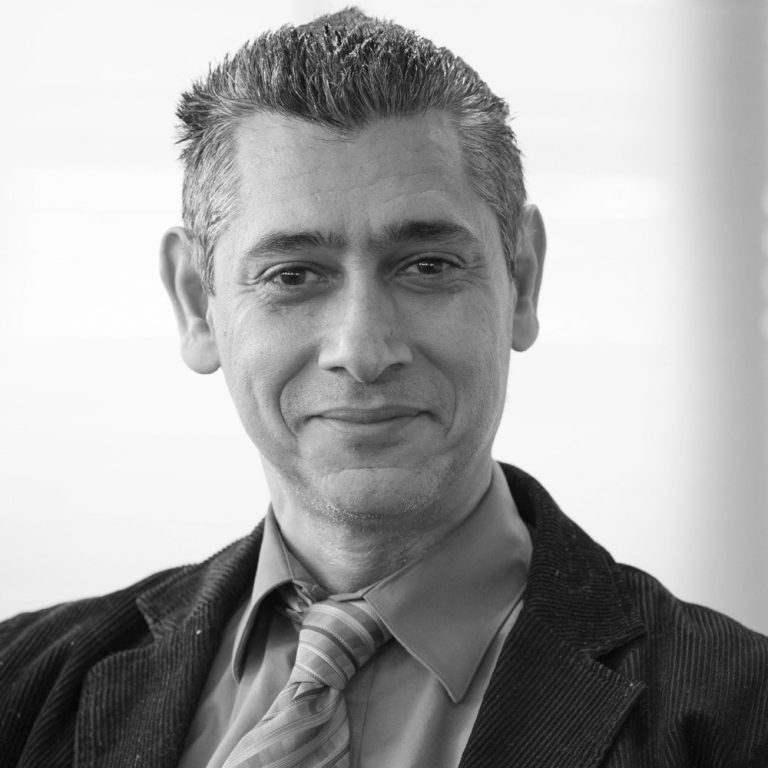
Dr. Ray Taheri earned his Ph.D. in Mechanical Engineering from the University of Saskatchewan in 2002. From 2003 to 2006, he collaborated with various industries, gaining extensive experience in Design Thinking and advanced manufacturing.
As a distinguished faculty member, Dr. Taheri brings a wealth of expertise to the program, particularly fostering innovation through hands-on, experiential learning. His commitment to applied education exemplifies his leadership in the Makerspace movement at UBC. In collaboration with Professor Susan Crichton, he was pivotal in establishing dynamic, informal learning environments that have become integral to the campus community. Dr. Taheri currently serves as a professor of teaching at the School of Engineering at the University of British Columbia Okanagan, where he continues to inspire the next generation of engineers through innovative pedagogy and industry-driven learning initiatives.
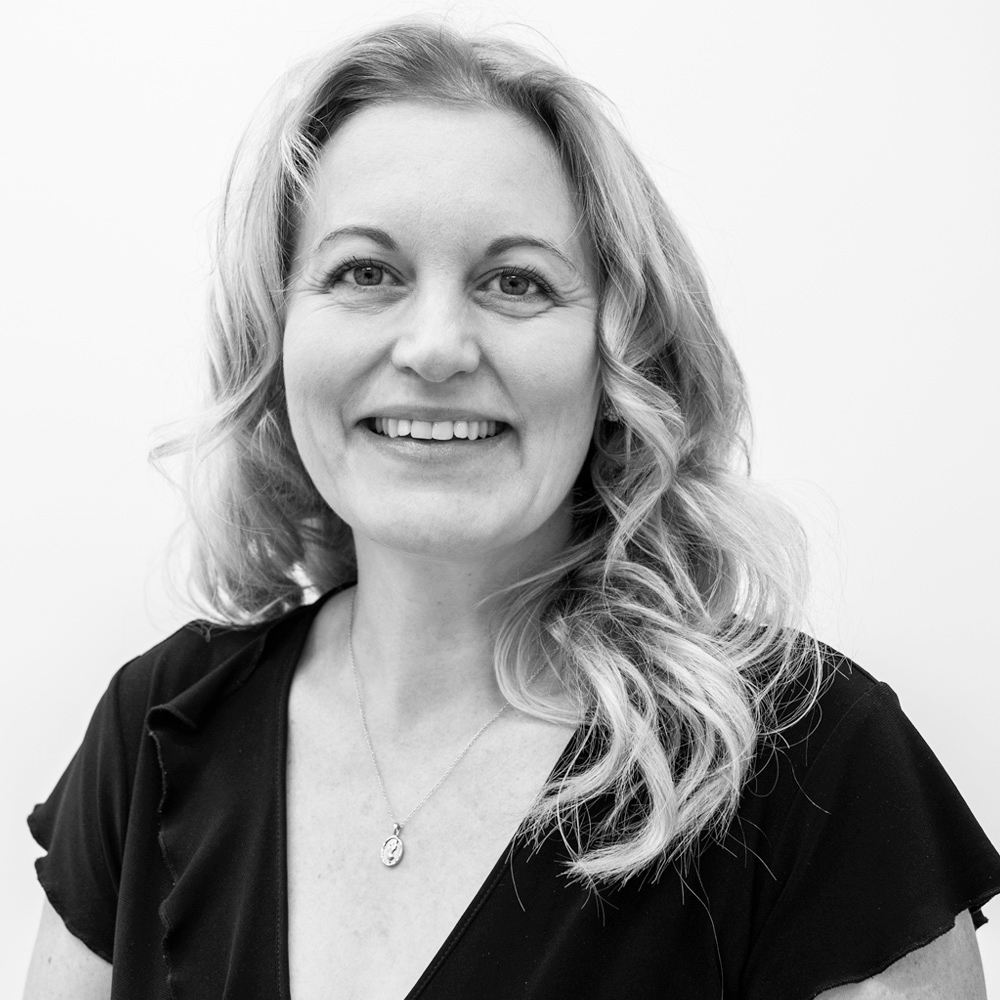
Dr. Megan Smith is a new media artist and designer who bridges physical computing within virtual and augmented reality environments. She is a UBC 2022 Killam Laureate, Associate Professor in Creative Technologies in the Faculty of Creative & Critical Studies, and Director of the Master of Design. Her practice-based research probes systems for delivering syndicated data through narrative structure and she often works with virtual and augmented reality, Artificial Intelligence image generation, geo-location, live-feed installation, and performance as methods for storytelling. She has shown work internationally for over two decades. Her Canada Foundation for Innovation lab is called the Critical Future Studio/Lab.
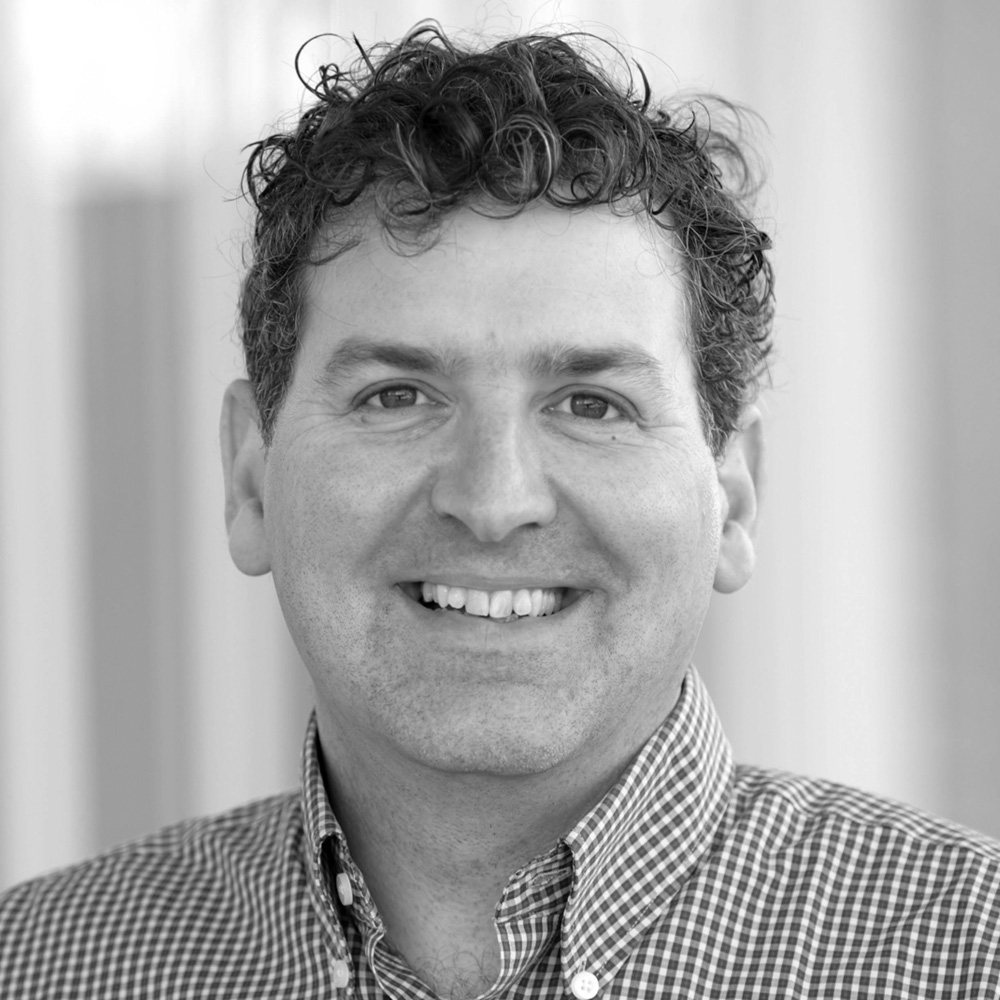
Dr. Alon Eisenstein is an Assistant Professor of Teaching in the School of Engineering. His teaching focus is on technology entrepreneurship and professional development, which includes courses focused on entrepreneurship, communication, leadership, to name a few. Alon is recognized as a global leader in Entrepreneurial Work-Integrated Learning, and is a champion of experiential learning pedagogy. Having background in both natural and social sciences, his philosophy for teaching and for life is anchored in understanding the world through an interdisciplinary lens, with a passion for social and environmental justice. His research interest include understanding how the engineering identity aligns with an entrepreneurship identify, and how such alignment/misalignment impacts engineers’ choice and success in pursuing the entrepreneurship path.
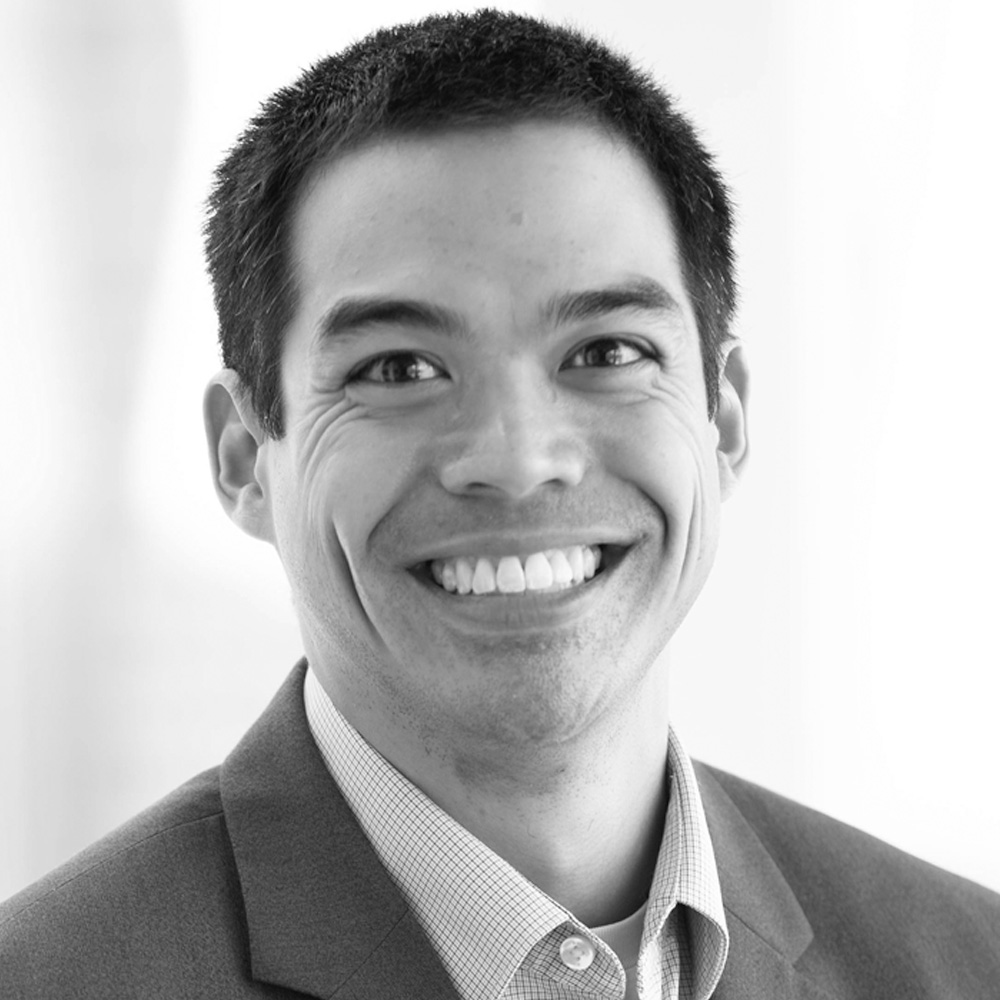
Dr. Richard J. Aleong is an engineering education researcher and interdisciplinary design educator who cares about helping all learners discover themselves, their world, and how they can contribute in meaningful ways. His dissertation research investigated the ways that educational developers experience disciplinary perspectives in their work as interdisciplinary professionals. In support of his dissertation research, he was awarded the Donnan Fellowship by the College of Engineering. His research and teaching focuses on interdisciplinary engineering learning, human-centered design and collaboration, and educational development for engineering education transformation. Dr. Aleong is committed to designing learning systems and experiences that support all learners in their personal and professional growth.
interdisciplinary connection
The Master of Design is an interdisciplinary program delivered by the School of Engineering (Faculty of Applied Science) and the Faculty of Creative and Critical Studies.
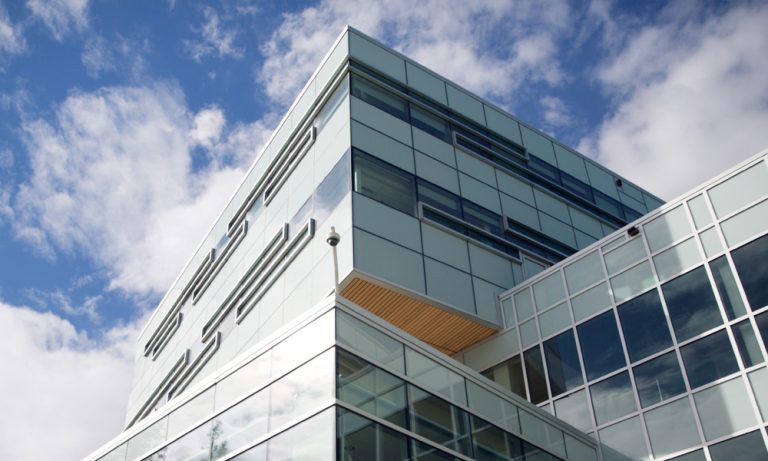
School of Engineering
SOE is an integral part of the Faculty of Applied Science at UBC comprising award-winning faculty and researchers, staff, and students, all engaged in a close-knit, inclusive learning environment with strong links to industry and government.
Faculty of Creativity and Critical Studies
FCCS is a community engaged faculty whose work combines traditional scholarly and hands-on skills with contemporary technologies.

